Who is George Simion?
George Simion filed his candidacy for president after the Romanian Central Electoral Commission refused to register candidate Călin Georgescu, who had been the frontrunner in last year’s cancelled elections. Simion’s nomination was the result of an alliance between the right-wing political parties AUR and POT, both of which had previously supported Georgescu. Therefore, in the context of a protracted electoral cycle, Simion can be considered a political and ideological successor to Georgescu.
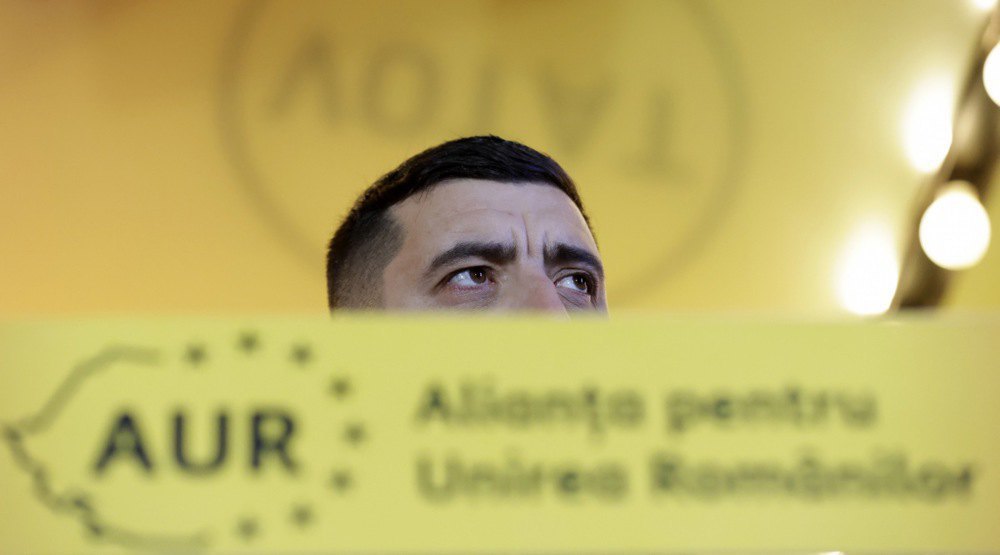
Simion is the leader of the far-right AUR party, which has steadily gained strength since 2020, entering parliament for the first time with 9% of the vote. The party has exploited contemporary trends — including protests against COVID-19 restrictions and vaccinations, as well as Euroscepticism and a sovereigntist agenda.
In May 2015, Simion was declared an undesirable person in the Republic of Moldova. The Information and Security Service of Moldova described him as a potential threat to the state’s stability. In addition, the AUR leader was also banned from entering the territory of Ukraine. In this context, there were also accusations that Simion maintained contacts with Russian special services.
George Simion graduated from the University of Bucharest and the Alexandru Ioan Cuza University of Iași, where he defended his master’s thesis on the crimes of communism. He began his civic activism as a student — his first notable protest took place in 2008. Simion was one of the critics of Ion Iliescu, a moderate member of the communist nomenklatura who was elected President of Romania in the first democratic elections.
Simion’s path to influence and ideological consolidation
Simion also led the New Golan movement, which positioned itself as the successor to the 1990 protest movement. He popularised the slogan “Bessarabia is Romania” among football fan groups.
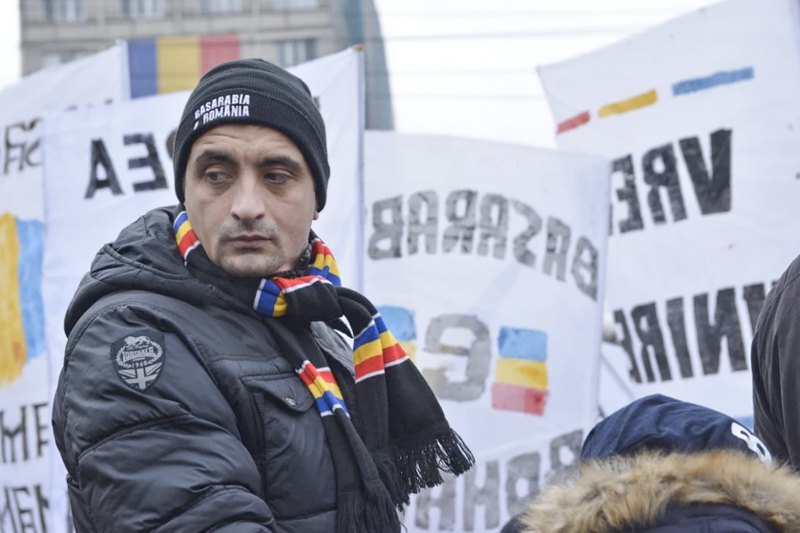
In 2012, Simion founded the unionist platform Action 2012 and organised a number of protests and events, including the 2018 Centenary March, as well as commemorations marking the anniversary of the annexation of Bessarabia by the Russian Empire in 1812.
Simion formally entered politics in 2019, when he founded the AUR party — a nationalist, conservative force — together with his associate and current MEP, Claudiu Târziu. In the 2020 parliamentary elections, AUR immediately secured 9.17% of the vote in the Senate and 9.8% in the Chamber of Deputies. In 2022, Simion became the party’s sole leader.
In the 2024 elections, the party won 16.23% of the vote and entered the European Parliament, joining the European Conservatives and Reformists (ECR) group, chaired by Italian Prime Minister Giorgia Meloni. In the same year, Simion was elected vice-president of the group.
In the 2025 presidential campaign, Simion has emphasised radical economic proposals — including the construction of one million low-cost apartments for Romanians — alongside sovereigntist slogans and calls for a revival of Romania’s historical mission.
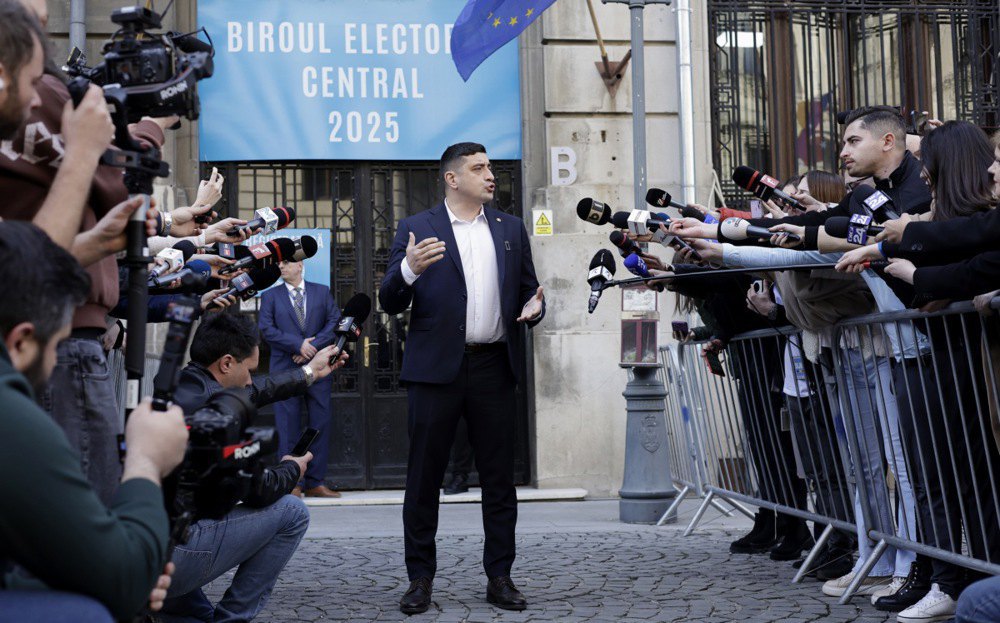
Is there really a Russian trace?
The rise of the AUR party and the nature of its rhetoric naturally raise concerns about potential links to the Kremlin. Simion himself denies such allegations and insists that he is neither pro-Russian nor pro-European, but solely pro-Romanian.
Nevertheless, certain aspects of the party’s platform appear to undermine European unity and resonate with Russian strategic narratives.
For instance, AUR promotes a traditionalist, Eurosceptic, and anti-globalisation agenda — all positions that are widely amplified and funded by the Russian state across Europe. The party also opposes migration policies and the rights of LGBT people — positions consistent with the Russian portrayal of the West as morally degenerate.
There is also a significant question regarding AUR’s position on the war in Ukraine. Traian Băsescu, whom AUR supported in the last election, condemned aid to Ukraine, accused NATO of provoking Russia, and voiced openly anti-Ukrainian slogans. George Simion, while more measured in tone, has also called for a reduction in assistance to Ukraine.
In particular, Simion stated that Romania should prioritise its own interests and not “get involved in someone else’s war”. Furthermore, he made several provocative references to potential territorial claims against Ukraine, citing Southern Bessarabia and Northern Bukovina — regions that were historically part of Romania. Such statements align closely with the Kremlin’s long-standing objective of fragmenting the Western coalition, undermining trust between Kyiv and its neighbours, and transforming neighbourly relations into territorial disputes — a strategy articulated well before the full-scale invasion of Ukraine.
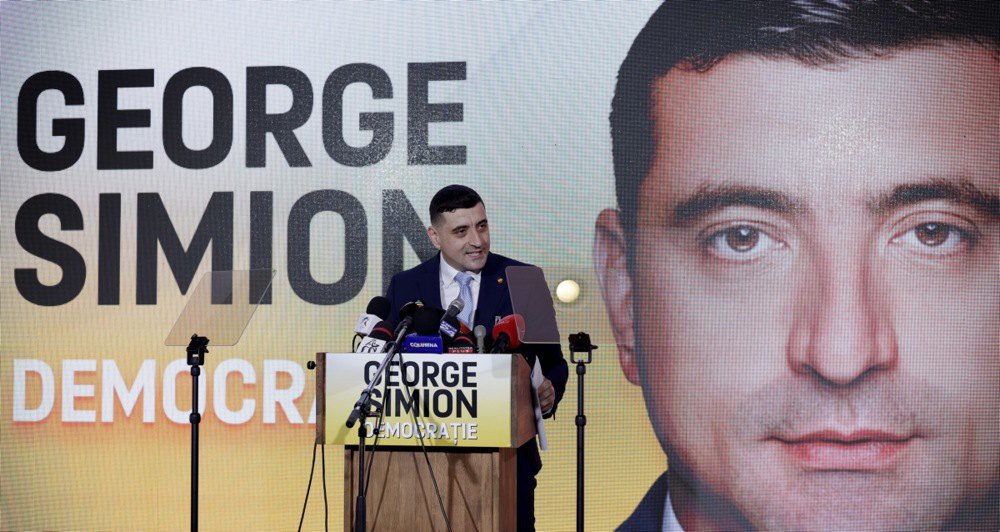
The information space surrounding AUR is heavily influenced by sources linked to the Russian propaganda ecosystem. During the cancelled 2024 presidential election, TikTok emerged as a central platform for radical political messaging, including that of Georgescu. Romanian intelligence services reported that the viral promotion of Călin Georgescu on TikTok had been orchestrated from Russia. TikTok itself later revealed that it had deleted over 27,000 fake accounts promoting far-right parties in the lead-up to the election. The core narratives propagated by the Romanian far right often originated from Russian state-controlled media — including LifeNews, Sputnik, RT — as well as anonymous Telegram channels.
George Simion has also been directly connected to the infrastructure of the international far-right media network. In autumn 2024, he appeared on War Room, the show hosted by Stephen Bannon, former adviser to Donald Trump. He also gave another interview to Bannon on Election Day.
These media appearances were reportedly arranged through an American lobbying firm, to which AUR secretly paid $1.5 million — a matter now under investigation in Romania for potential illegal financing of the campaign using public funds.

At the same time, the Romanian far right is increasingly aligning itself with Europe’s national conservative bloc. Simion openly refers to himself as a supporter of Giorgia Meloni, the leader of Italy’s Brothers of Italy party, which has expressed support for Ukraine.
Simion’s first steps in case of victory
In light of these developments, the question arises: what could George Simion realistically do if elected head of state? The answer depends largely on the scope of presidential powers. Should Simion assume the Romanian presidency for the next five years, he would lead the country’s foreign policy, act as commander-in-chief, and appoint the prime minister — subject to parliamentary approval. Simion has already explicitly stated that he would appoint Călin Georgescu as head of government.
At the same time, the Romanian president does not possess legislative initiative nor control over the daily management of the economy — these functions lie with the government and parliament. Thus, Simion would only be able to implement his agenda in coordination with a government majority or through political compromise. Currently, the parliamentary majority in Romania remains with the PSD–PNL–UDMR coalition, although it stands on the verge of collapse following the failure of its candidate, Crin Antonescu, to reach the second round.
Consequences for Ukraine, the EU and NATO
The potential formation of a pro-Kremlin corridor surrounding Ukraine — stretching from Hungary and Serbia to Slovakia and, potentially, Romania under George Simion’s leadership — could dramatically alter the region’s security and political dynamics. Until now, Romania has been a dependable Western ally as a member of both the EU and NATO. It has played a strategic role in supporting Ukraine, consistently prioritising security over political opportunism.
Romania’s Black Sea ports and Danube corridors are essential for Ukraine’s grain exports, while both humanitarian and military aid flow through Romanian territory. Bucharest also hosts tens of thousands of Ukrainian refugees, and NATO troops are stationed at Romanian military bases, reinforcing the Alliance’s eastern flank.
The Romanian government has supported all EU sanctions packages against Russia and extended assistance to Ukraine. However, the rise to power of openly pro-Russian or Eurosceptic forces in Bucharest could upend this policy trajectory.
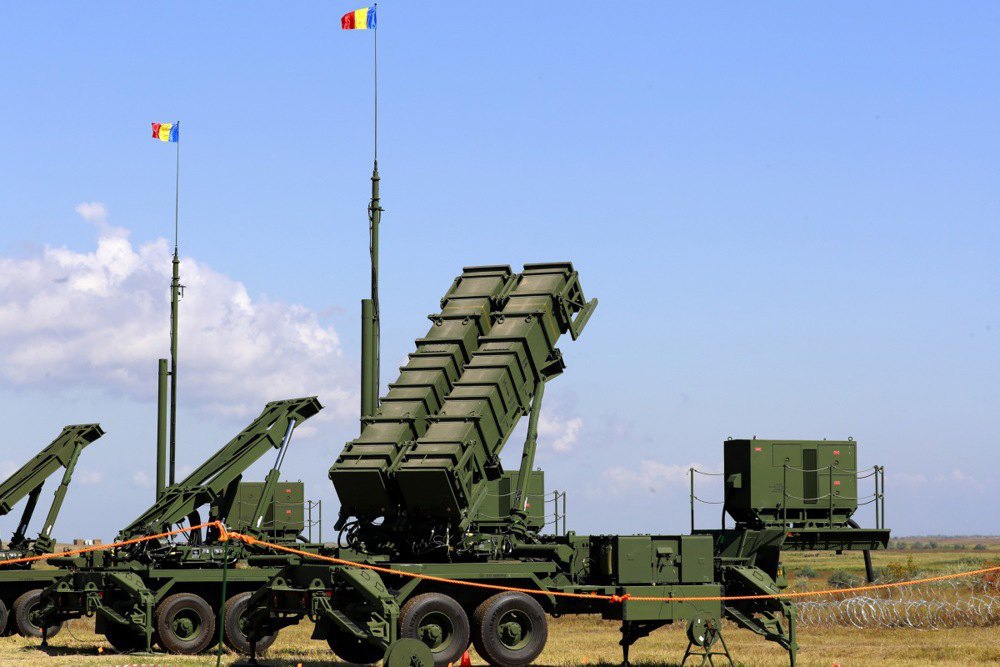
A Romanian withdrawal from active support for Ukraine would present serious risks — not only for Kyiv but also for neighbouring Moldova. Such a shift could severely complicate logistical operations for Ukraine’s Western partners. Moreover, NATO could lose cohesion in its southeastern region. At present, Hungary remains the Alliance’s only consistently obstructive member, having blocked NATO–Ukraine Council meetings, delayed Sweden’s accession, and engaged in provocative political manoeuvres and overtures to Moscow. Russia would undoubtedly seek to exploit any further fragmentation: the more pro-Russian governments in the region, the greater Moscow’s operational freedom in the Black Sea.
Romania, an EU member state with a population of 20 million, carries significant weight. A government led by AUR — particularly if the party forms a ruling coalition — could align with Hungary and Slovakia in opposing new sanctions against Russia and blocking financial aid to Ukraine.
Such a belt of opposition could complicate coordination on military and political initiatives, while also serving as a springboard for new Russian provocations.
The best president Romania never had?
This is how Ion Rațiu is often remembered in Romania — as the best president the country never had. A prominent dissident who lived in the United Kingdom during the communist regime, Rațiu supported the early growth of Romanian opposition movements from abroad, believing in the country’s democratic potential. After the fall of communism, he returned to Romania and ran for president, only to lose to Ion Iliescu — the very Iliescu whose legacy George Simion has frequently criticised in building his own political career.
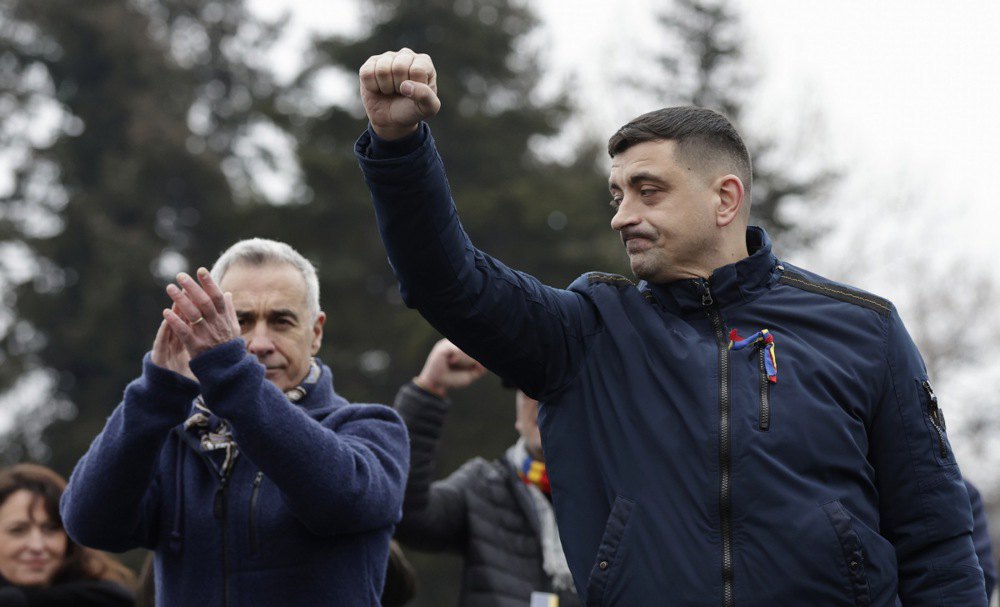
The Rațiu Foundation remains active today, promoting democratic dialogue and liberal values. The memory of Rațiu continues to symbolise a missed opportunity — a moment when, after the initial euphoria of post-communist freedom, the country hesitated to entrust its future to an idealist.
Ukraine, too, experienced a similar fork in the road — choosing between a system insider, Leonid Kravchuk, and the dissident Vyacheslav Chornovil. Ukrainian society, perhaps more than any other, understands the gravity of such historic moments.
Simion bears little resemblance to Rațiu. Yet the fear that Romania’s electorate could once again bypass a principled candidate — or, in this case, entrust the future to a populist — is understandable. And so is the risk of post-facto regret. Because Romania has much to lose. And so does Ukraine.








